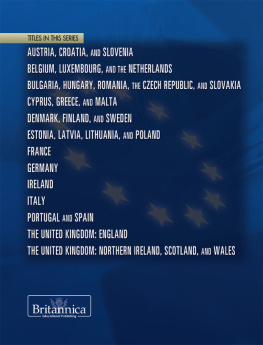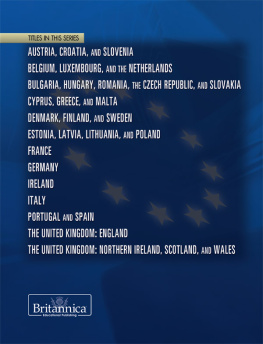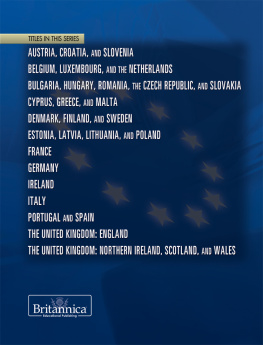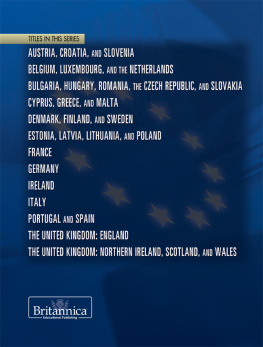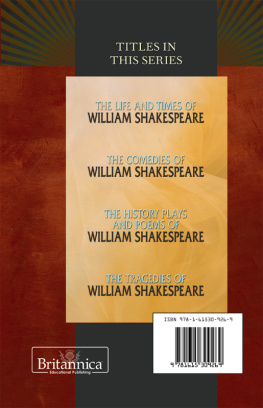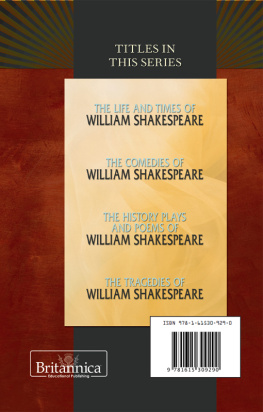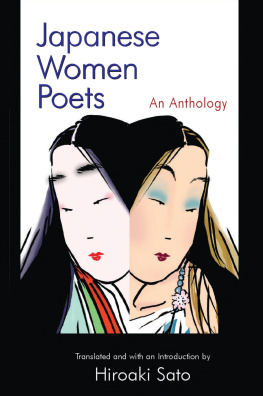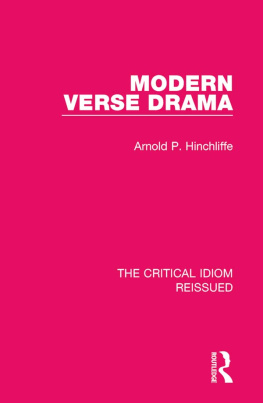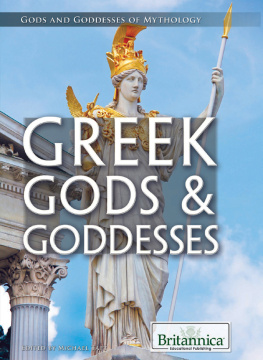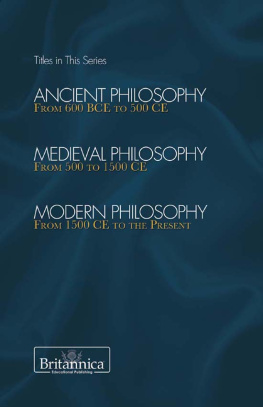POETRY AND
DRAMA
LITERARY TERMS AND CONCEPTS
THE BRITANNICA GUIDE TO LITERARY ELEMENTS
POETRY AND
DRAMA
LITERARY TERMS AND CONCEPTS
EDITED BY KATHLEEN KUIPER, MANAGER, ARTS AND CULTURE

Published in 2012 by Britannica Educational Publishing
(a trademark of Encyclopdia Britannica, Inc.)
in association with Rosen Educational Services, LLC
29 East 21st Street, New York, NY 10010.
Copyright 2012 Encyclopdia Britannica, Inc. Britannica, Encyclopdia Britannica,
and the Thistle logo are registered trademarks of Encyclopdia Britannica, Inc. All
rights reserved.
Rosen Educational Services materials copyright 2012 Rosen Educational Services, LLC.
All rights reserved.
Distributed exclusively by Rosen Educational Services.
For a listing of additional Britannica Educational Publishing titles, call toll free (800) 237-9932.
First Edition
Britannica Educational Publishing
Michael I. Levy: Executive Editor
J.E. Luebering: Senior Manager
Adam Augustyn, Assistant Manager, Encyclopaedia Britannica
Marilyn L. Barton: Senior Coordinator, Production Control
Steven Bosco: Director, Editorial Technologies
Lisa S. Braucher: Senior Producer and Data Editor
Yvette Charboneau: Senior Copy Editor
Kathy Nakamura: Manager, Media Acquisition
Kathleen Kuiper: Manager, Arts and Culture
Rosen Educational Services
Heather M. Moore Niver: Editor
Nelson S: Art Director
Cindy Reiman: Photography Manager
Nicole Russo: Designer
Matthew Cauli: Cover Design
Introduction by Kathleen Kuiper
Library of Congress Cataloging-in-Publication Data
Poetry and drama : literary terms and concepts/edited by Kathleen Kuiper.1st ed.
p. cm.(The Britannica guide to literary elements)
In association with Britannica Educational Publishing, Rosen Educational Services.
Includes bibliographical references and index.
ISBN 978-1-61530-539-1 (eBook)
1. Poetry--History and criticism. 2. Drama--History and criticism. 3. Poetics. I. Kuiper,
Kathleen.
PN1031.P546 2011
809.1dc22
2010045788
Cover, pp. Shutterstock.com
CONTENTS
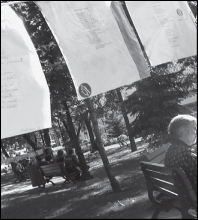
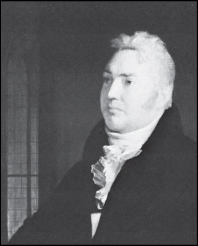
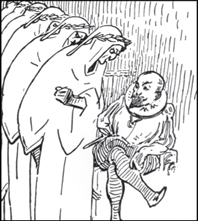
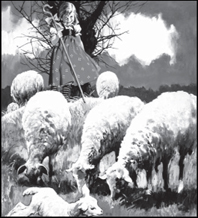
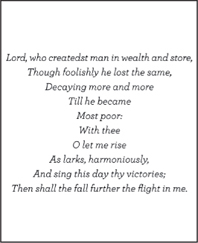
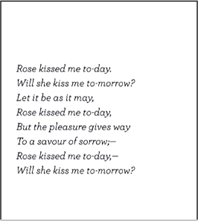
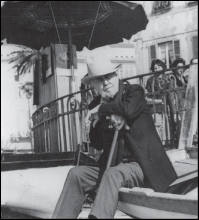
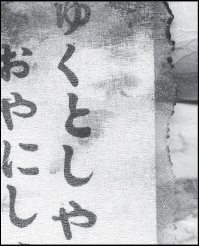
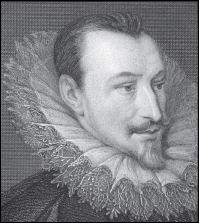
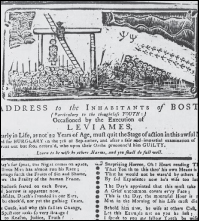
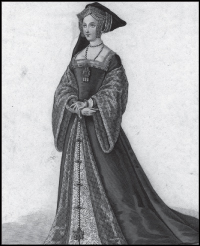
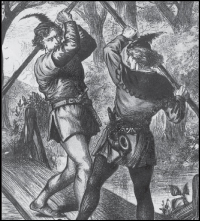
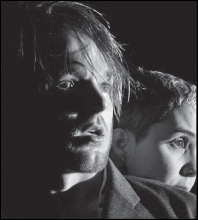
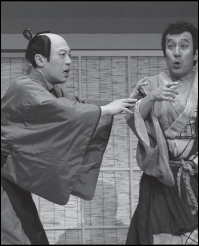
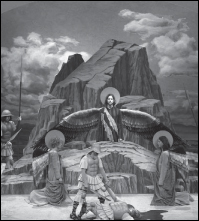
CHAPTER 6: COMEDY
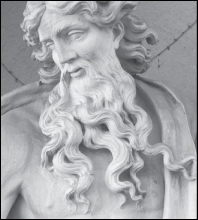
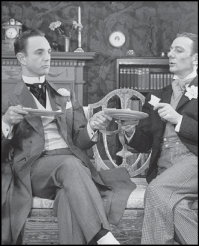
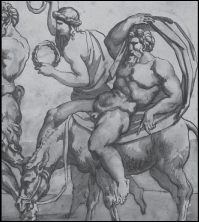
CHAPTER 7: TRAGEDY
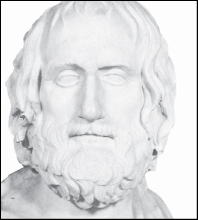
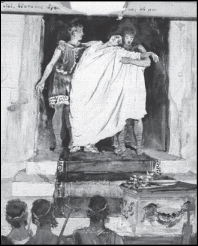
INTRODUCTION

Poetry can be written or spoken in any language. Gyro Photography/Getty Images
L et us celebrate the word! Whether it is spoken and bears the gnarled barnacles of age or recently written and mingles with our own experiences to evoke sounds (the din of cicadas), or smells (the air after a heavy rain), or painful feelings that we recognize, words are wondrous.
We cannot know with certainty how the cave dwellers of millennia ago conveyed information to their clans. We know they drew animals on cave walls and that these animals were portrayed with sensitivity and a sense of awe. But did they also describe them as noble or even lip-smackin tasty? When, in the course of human history, did the early hunters and gatherers begin to relate their adventures? Did one woman turn to another and say, You know, Uta, this plant produced well for us this year. If we plant seeds from it next year, maybe it will do the same thing
In the 21st century we can only theorize. All we know for certain is that early humansNeanderthals and Homo sapiens at leastmigrated out of Africa, spread out, and populated the Earth. Languages developed and, as populations grew, people of the same clan who lived at opposite ends of the territory, though they still understood each other, spoke slightly differently and developed their own words for a few items and ideas.
As languages evolved, the primacy of the word as a means of conceptualizing, storing, and transmitting experience became evident. People began to tell stories in a particular way. Sometimes these people had a specific social function and performed at a specific place. Among other purposes, this ritual storytelling passed on legend and history. This was a good way of keeping track of thingswho had married whom in the past generation, why one person didnt speak to another, how the group had come to live where they were.
This tradition persists among many peoples living in the present century. The Australian Aborigines are one of the best known of these contemporary cultures. These indigenous peoples navigated their territory through series of short songs popularly known as songlines. As John Miles Foley put it in Britannicas article on the oral tradition, In addressing a network of both mythical and tangible landmarks, the songlines together constitute a catalogue of local route systemsin essence, a map delineating the geographical, spiritual, social, and historical contour, of their environment. Other cultures alsoin South Asia and Kazakhstan, for examplerecord and celebrate their cultures in this fashion, with bards memorizing enormous quantities of material.
Next page

